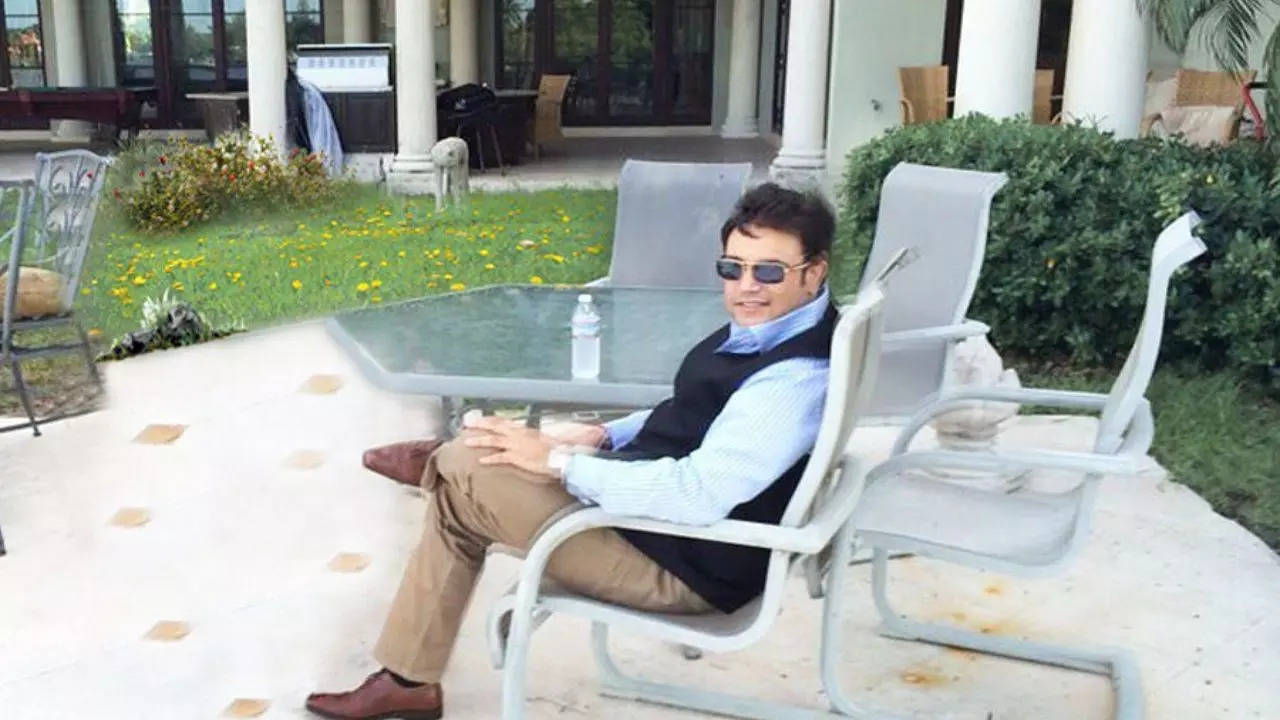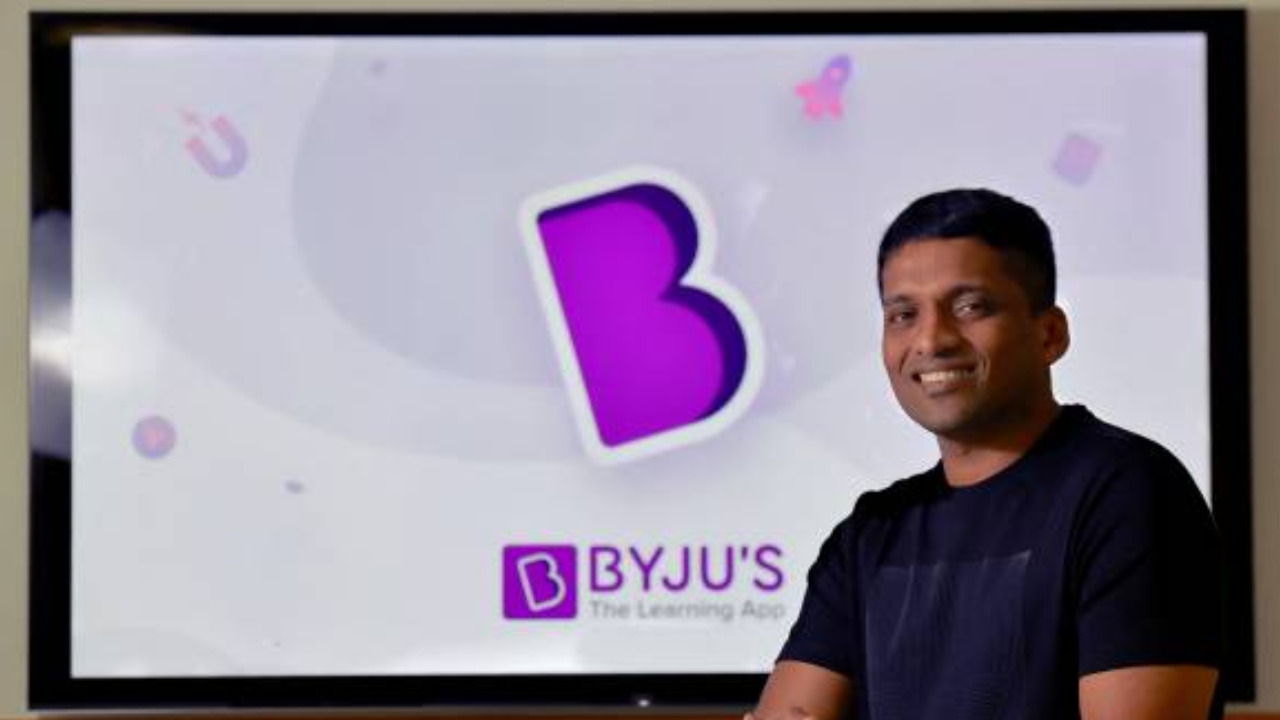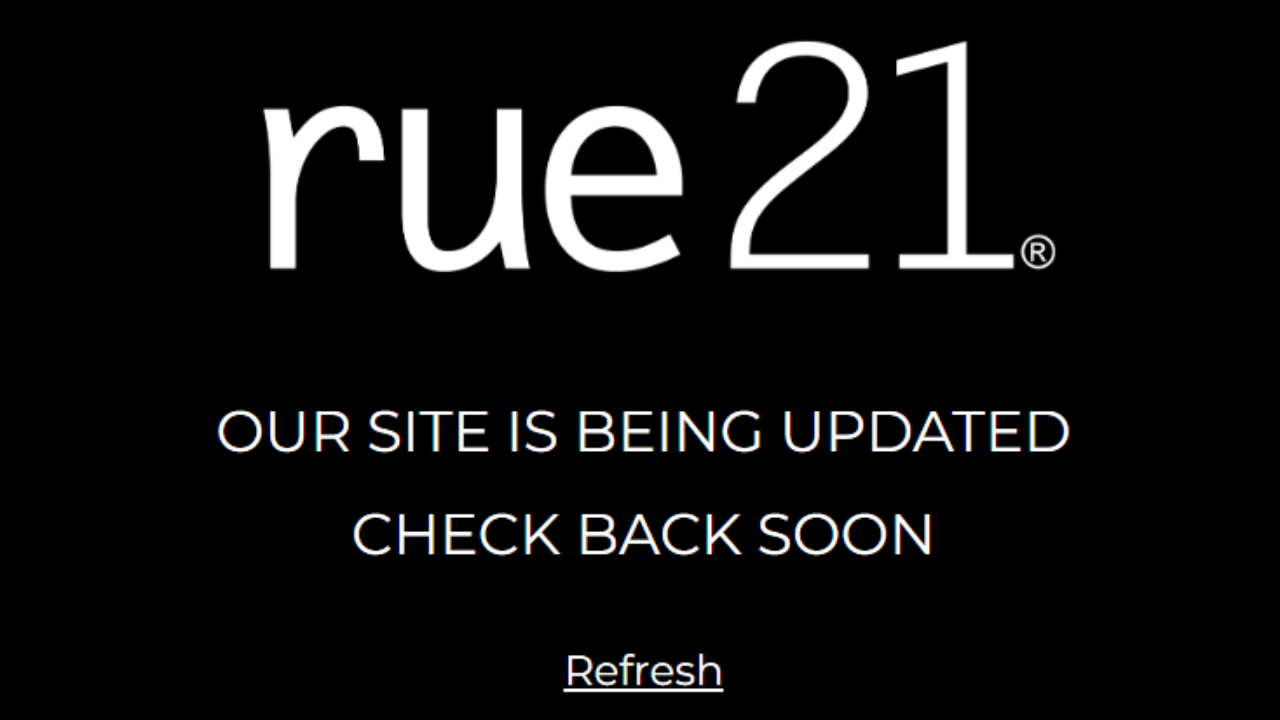

The Remote Work Dilemma: Zerodha CEO Discusses Pros and Cons (Image Source: Twitter, iStockphoto)
Zerodha‘s Founder and CEO, Nithin Kamath, recently shared insights on the challenges faced by the company during the pandemic-induced shift to remote work. In a social media post, Kamath reflected on the transition Zerodha underwent when it embraced full remote work in response to the COVID-19 lockdowns.
Kamath wrote on X, “All of us at @zerodhaonline went fully remote during the pandemic lockdown in 2020. While it’s been great for some, it hasn’t been for others. In this post, K explains why it didn’t work for everybody at Zerodha.”
Kailash Nadh, the Chief Technology Officer (CTO) of Zerodha, recently penned a compelling blog post, offering valuable insights into the company’s technological journey. He wrote, during the initial phase of the lockdown in 2020, Zerodha swiftly transitioned its workforce of over 1000 employees to remote work, leveraging technological tools and processes built over the years. The transition appeared seamless, with employees adapting to the new work paradigm and maintaining productivity levels amidst the uncertainty of the pandemic.
However, as time progressed, Nadh observed a decline in the effectiveness of remote work, particularly for teams involved in technical, business, and decision-making roles. Despite the initial success, remote communication began to pose challenges, leading to gaps in understanding and collaboration among team members.
Acknowledging the limitations of remote work, Zerodha made a strategic decision to shift to a hybrid model, with 10 per cent of its core team returning to the office three days a week. This move aimed to address the communication gaps and foster a collaborative work environment conducive to creativity and decision-making.
Nadh also highlighted the importance of physical proximity in facilitating spontaneous conversations, meaningful interactions, and participatory decision-making. He emphasized the role of human connection and face-to-face communication in nurturing a vibrant organizational culture, which remote work alone could not replicate.
The post also delved into the challenges encountered during the remote work phase, including language barriers, communication fatigue, and the limitations of online tools. Nadh emphasised the need for specific skill sets and DNA to sustain effective remote work over the long term, particularly in organizations like Zerodha, where synchronous communication and collaboration are essential.
Ultimately, Zerodha’s experience with remote work underscored the importance of striking a balance between remote and in-person work, tailored to the unique needs and dynamics of the organization. While remote work offers flexibility and convenience, Nadh stressed the irreplaceable value of face-to-face interactions in fostering creativity, collaboration, and organizational cohesion.




























